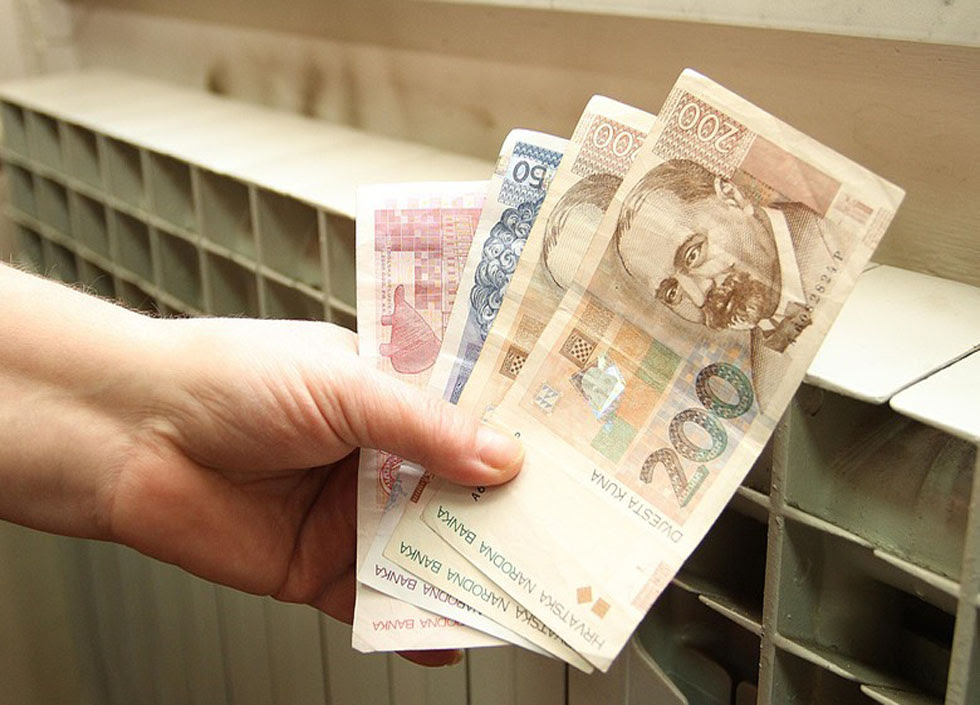by inavukic |
The Social Democrat led government is the one that boasts about looking after the poor, the socially endangered and disadvantaged citizens – the best (?). One was tempted to believe it a week or so ago, at least partially when the government announced it would forgive debts to the poorest. In a measure considered by some as innovative and unorthodox, the Croatian government has gotten creditors on board a plan to erase the debts of some 60,000 poorest citizens. The “fresh start” scheme targets less than 1 % of the entire debt, but is hoped to boost the economy in the long-term, although no precise calculations or forecasts have been delivered. Given that it’s election year in Croatia this measure although great news for the poor who will qualify for the erasure of their debt, may well be seen as populist political move to score some points for the utterly unpopular Social Democrat government, which might as soon as this European Spring face its destiny at early general elections (regular elections are due end of 2015). Certainly those who have labelled it innovative might not be aware or have forgotten that austerity measures such as mortgage debt relief – governments paying banks to forgive debt on mortgages as e.g. in the US or stimulus cash payments to citizens as in Australia during the Global Financial Crisis of late 2000’s etc. The measure was voted for by the Croatian government on January 15 and came into force on Monday 2 February and will be implemented until 30 June2015. To be eligible to participate debtors must have no savings or property, have a debt no greater than about $5,100, have no assets, and live on welfare or an income of no higher than $138 per month (about 20% of average net wage) per household member. “We assess that this measure will be applicable to some 60,000 citizens,” Deputy Prime Minister Milanka Opacic (also minister for social welfare and youth) said as she introduced the bailout in late January. “Thus they will be given a chance for a new start without a burden of debt.” It’s expected that some $31 million worth of bad debts will be written off by creditors, who have signed up to the government’s scheme – buying the debts etc. Those include several banks, telecommunication companies, major utilities, several major cities and municipalities as well as the government’s own tax agency. None will be refunded for their losses. The program would return access to bank accounts to about 20% of the 317,000 (out of 4,4 million population) Croatians, whose accounts were frozen in July last year due to debts. “This is the first time that any Croatian government is trying to solve this difficult problem and we are proud of it,” Prime Minister Zoran Milanovic said recently at a cabinet session. And now, if one looks further into the poverty and social welfare pathways in Croatia one comes across extreme contradictions to this benevolent and rather good act of forgiving the poorest people certain debts i.e. debts of up to $5,100 they cannot pay off.“If you are hungry and poor, you will sign,” were the awful and deplorable words directed a couple of days ago by a Ministry of social welfare official in Zagreb, Croatia, at a woman who approached the office with an application for the so-called “guaranteed minimal social welfare payments”. The woman complained, that is, about the part of the application form which states that the person in receipt of minimal social welfare must sign to, in effect, hand over to the government the ownership (title) of the only property the applicant has! I.e., must agree that the government depart will enter a claim to the property on the title deed. Croatian media report that there are more and more similar cases. While means testing is the usual order of the day for welfare payments eligibility in the developed world one gets quite a shock discovering that Croatia’s government actually demands rights over social welfare payment applicant’s real estate property. Social welfare payments are not loans one needs collateral or guarantees for. Such moves of demanding rights over the applicant's only property would suggest that this governments social welfare policy also includes measures of making the poorest even poorer and this, to my view, cancels out many positive attributes one might credit the debt forgiveness with. And so, this same government that has ruled on debt forgiveness to a large number of the poorest with no property, goes about fleecing off or registering claims against the last property of the poorest citizens that turn on its doorstep seeking social welfare payments! No points scoring here Social Democrats! Ina Vukic, Prof. (Zgb); B.A., M.A.Ps. (Syd)

Nema komentara:
Objavi komentar